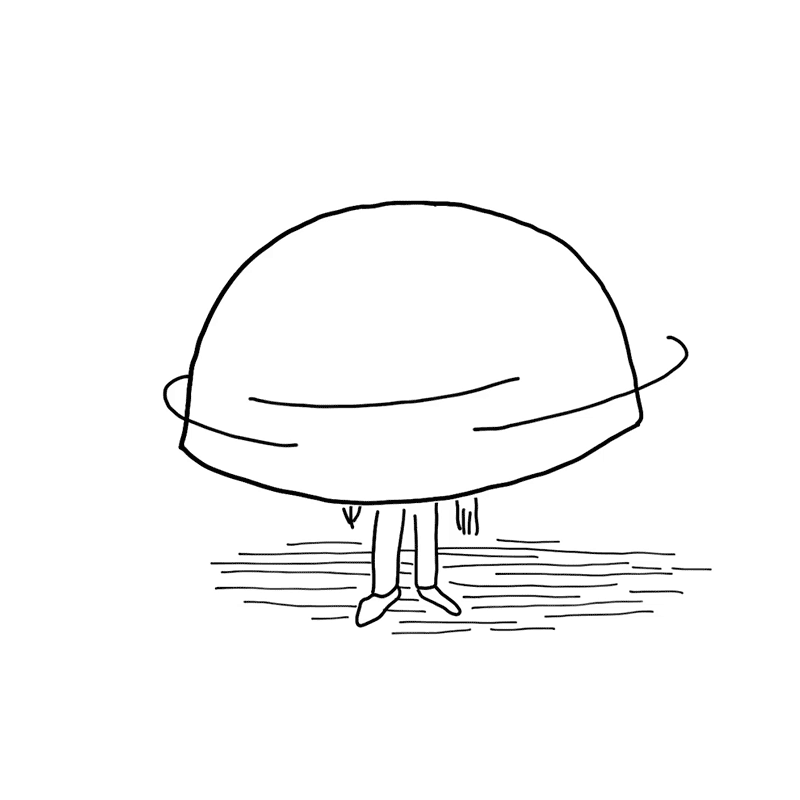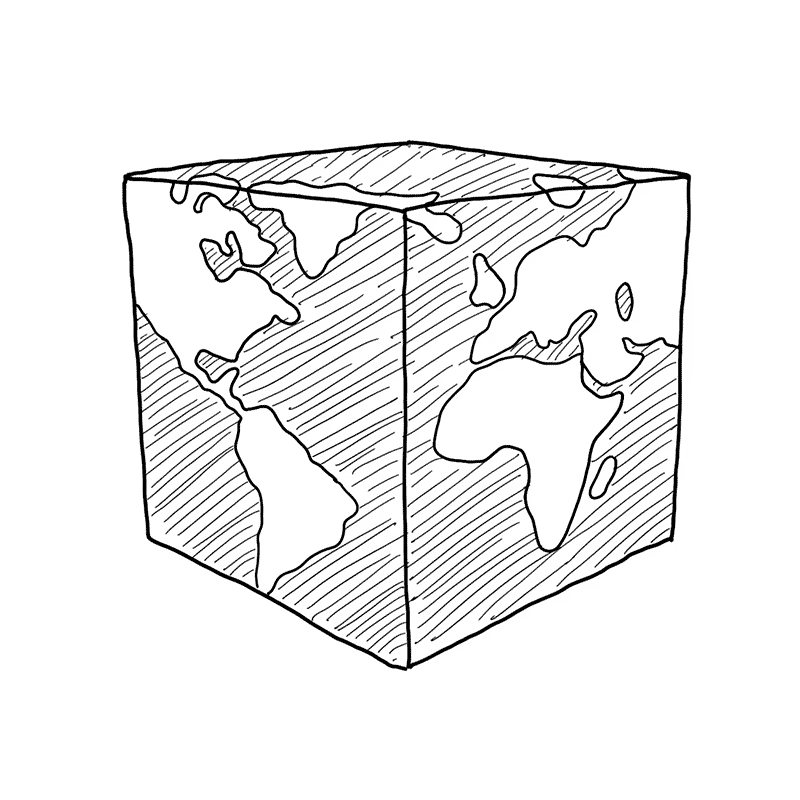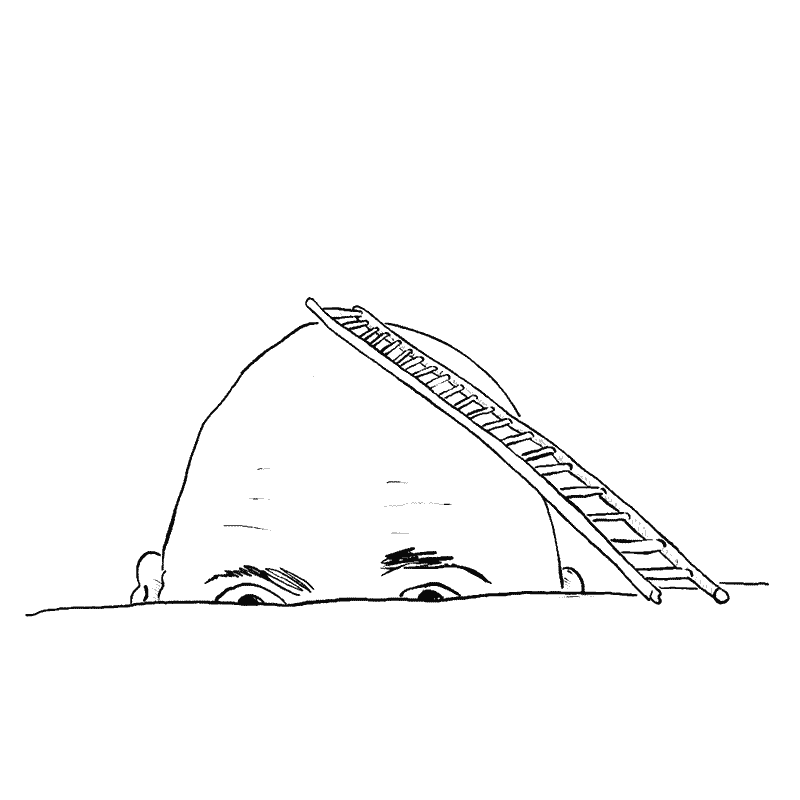The Idea That Still Unites Us
A rowdy, opinionated nation of 330 million requires a special kind of bond.







A Reasons to be Cheerful project
It has become conventional wisdom that we are hopelessly divided. But this narrative masks a larger truth: that we humans are incredibly skilled at overcoming division.
We Are Not Divided is a collaborative multimedia journalism project dedicated to revealing that truth by telling the stories that show our capacity, and our deep desire, to bridge our divides.
What the New York borough that voted for Trump taught me about the messy business of bridging divides.
Sign up for the Reasons to be Cheerful newsletter.
A Q&A series with researchers from Stanford University's Polarization and Social Change Lab
Meet the people whose real-life experiences show us how divisions can be overcome.